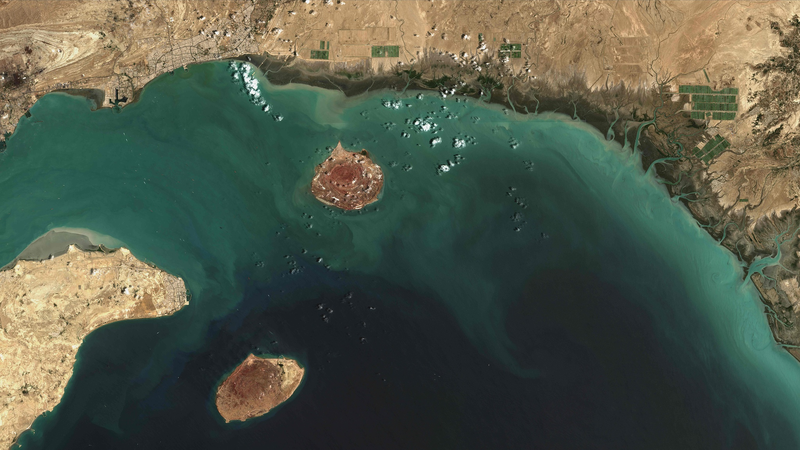Imagine waking up to a world where 1 in 5 barrels of seaborne oil no longer flows freely from the Gulf. Last Sunday, Iran’s parliament voted to close the strategic Strait of Hormuz, setting the stage for a major geopolitical showdown.
The move follows a dramatic escalation after US air strikes hit three major Iranian nuclear facilities. Tehran has asserted its right to self-defense as tensions reach a new peak. While the Iranian parliament’s vote is significant, the final call rests with the Supreme National Security Council.
The Strait of Hormuz, sandwiched between Iran and Oman, handles roughly 20 percent of global oil and gas shipments. Any disruption—even short-lived—could trigger a sharp oil price surge, hike transportation costs and ripple across supply chains from Asia to Europe.
Expert Insight: George Saravelos, head of forex research at Deutsche Bank, warns that a full blockade could send oil prices past $120 a barrel. 'A blockade would likely be used only as a last resort,' he says, given its massive global fallout.
Mohamed El-Erian, chief economic advisor at Allianz, tells the BBC this scenario could inflict 'a major shock at an already fragile moment for the global economy,' with both immediate price spikes and long-term strains on the world order.
Shipping watchdog BIMCO reports a clear trend: vessels are rerouting to avoid Hormuz, and traffic through the strait is declining. Alternate paths around Africa add days to journey times and extra fuel costs, a headache for traders and freight operators.
For young entrepreneurs, energy investors and global travelers, the potential closure is more than a regional crisis—it’s a stress test for worldwide resilience. Stay informed, prepare for market shifts and watch how this standoff reshapes global energy flows.
Reference(s):
Analysis: What would happen if Iran blocked Strait of Hormuz?
cgtn.com



